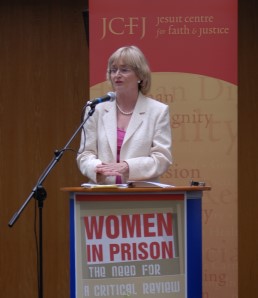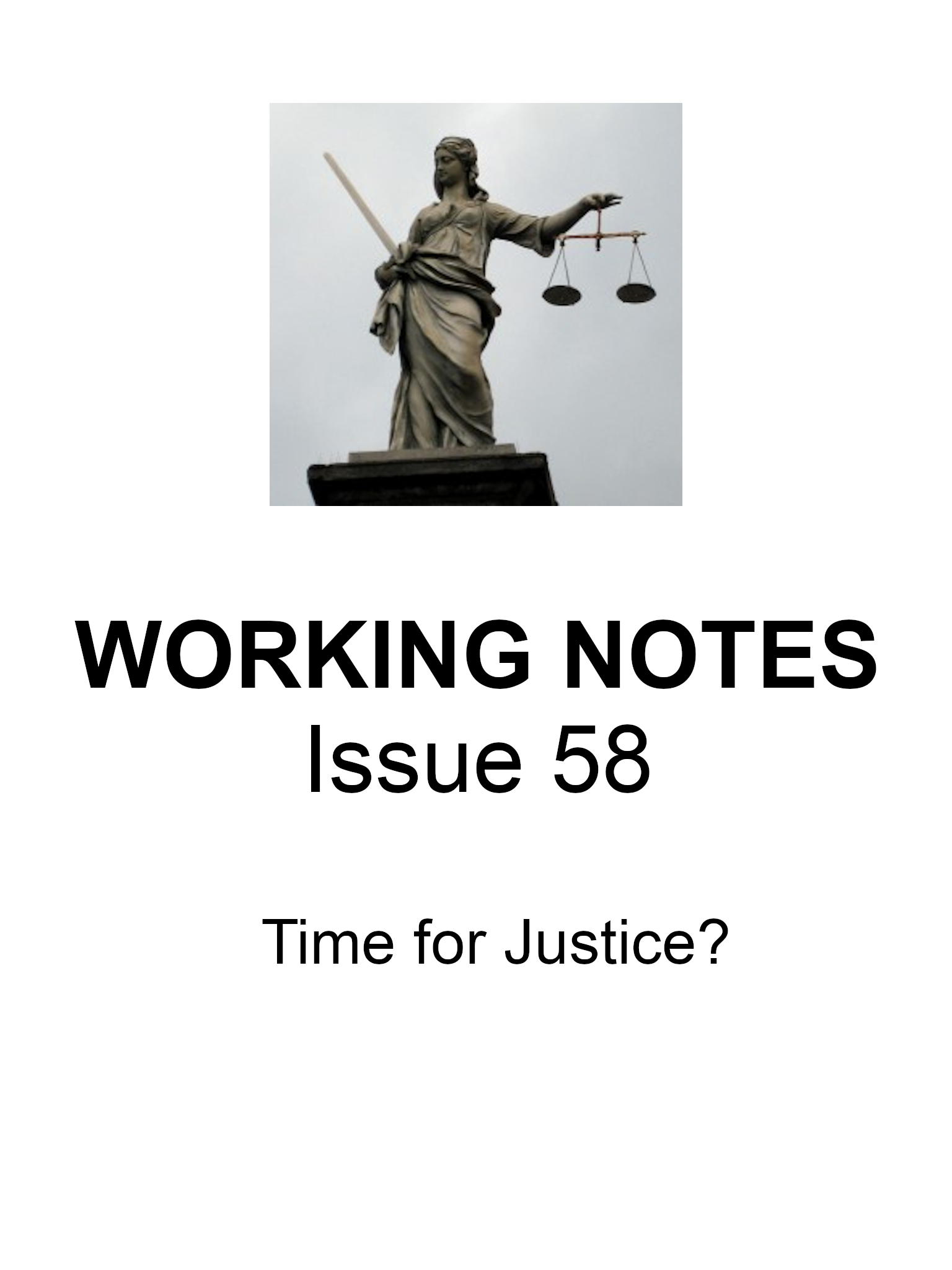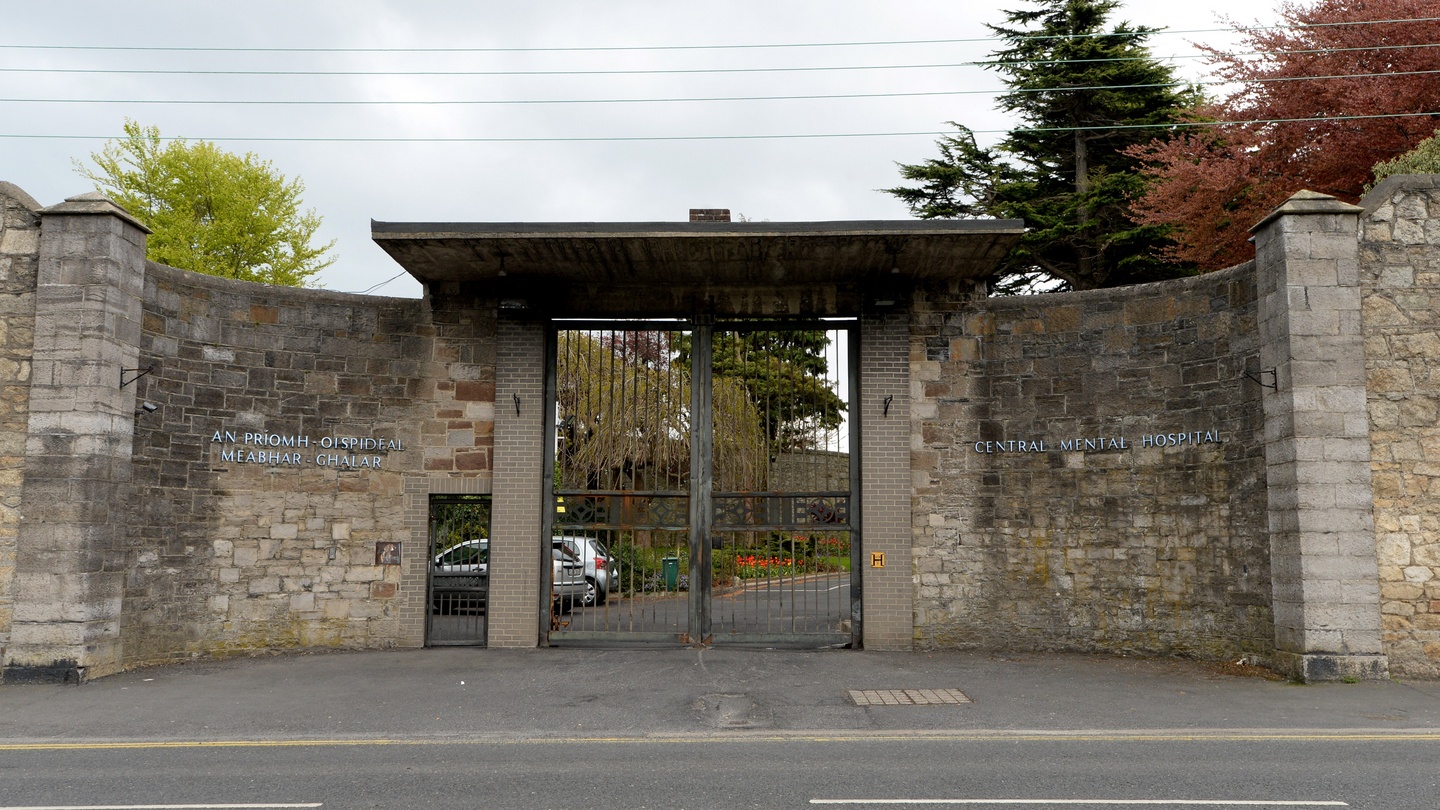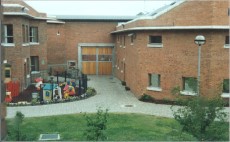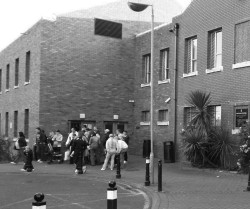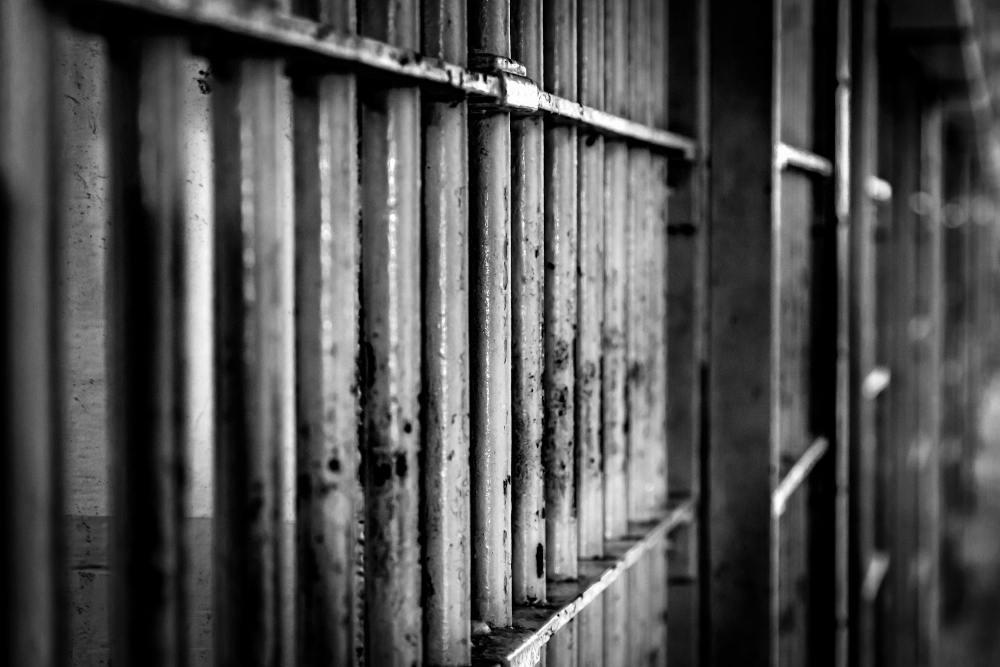
Is Expansion of Prison Places for Women Needed? An Analysis of Statistics, 2003–2006
Current government prison policy envisages the closure of the Dóchas Centre in Mountjoy and the opening of new women’s prisons at Thornton Hall, in north Dublin and at Kilworth, Co. Cork, resulting in a doubling of the number of places for women prisoners. This radical expansion of prison capacity for female offenders is being justified by the authorities on the grounds that the existing facilities at Dóchas and in Limerick Prison are routinely overcrowded and that the prison building programme being undertaken at present needs to be ‘future proofed’ to cater for an on-going increase in the female prison population.


